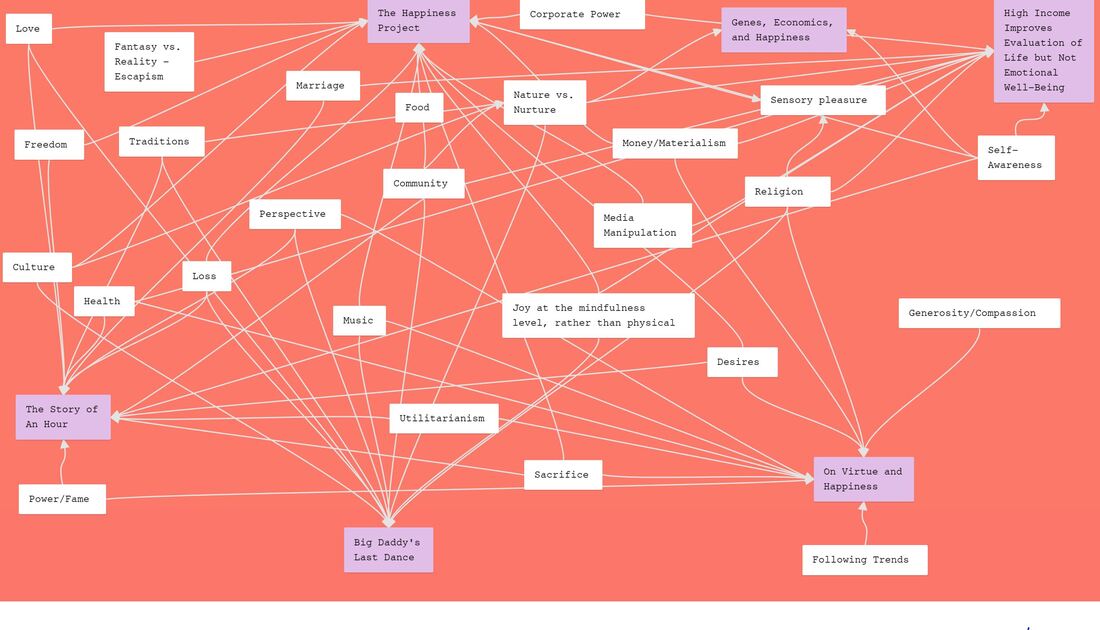|
There is no denying that the capability of technology has skyrocketed in the last decade. With the proliferation of computers and phones, there is no telling what could be next. A robot powered by Artificial Intelligence that cooks for you or a car you do not have to pilot may come off appealing, but this significant advancement in technology is causing concern. Is it going to be beneficial or harmful? With the development of A.I. and self-driving cars rising so quickly, upcoming technology will diminish human dignity by performing intellectual tasks for them. Furthermore, by replacing humans, technology is putting them at risk for job loss, as well as decreasing development of social skills. With developing technology, we as humans are at risk for job loss. In the article, “The Creeping Ethical Challenges of Artificial Intelligence”, author John Miller explains how A.I. is being developed to mimic human mannerisms and reasoning skills. A.I. ethicist Tae Wan Kim says that “the current technological revolution is different because it is the first to replicate intellectual skills” (Miller 24). If robots can now do the same tasks involving logic and understanding as humans, jobs such as counselors, therapists, teachers, and even doctors are at risk of replacement. Why go through the process of hiring a human that is eligible to make mistakes when you can buy a seemingly “perfect” robot that will do the same job with no error? Mr. Kim explains that “this kind of automation could create a permanently underemployed class of people” (Miller 24). With the new development of self driving cars, occupations such as cab, taxi, bus, and limo drivers are also at risk. Miller says that “the most common jobs for American men are behind the wheel” (MIller 25). With the advancement of self driving cars, there would be no need for humans to drive other humans around when the cars could do it themselves. Customer experience futurist Blake Morgan wrote the article “What Is the Netflix Effect?” explaining the effect Netflix has on other companies and the entertainment industry as a whole. Morgan writes, “consumers can stream content instantly to any device, anywhere” (Morgan 1). Since users can now watch any movie or TV show right from their phone or TV, movie theaters are at risk of becoming outdated. Why drive to a movie theater when the movie you want to see is just a click away? Because of this, not only will movie theaters and their workers lose money and or jobs, large film companies will have to learn to adapt their marketing strategies to make sure their movie gets advertised enough that consumers will see it when it is not on Netflix. Technology is also being advanced to replicate human feelings and emotions. John Miller also explains in his article how incoming human populations are at risk of suffering from under-developed social skills. Philosopher Alexis Elder says that “the hazard involves these robots’ potential to present the appearance of friendship to a population” (Miller 26). Kids in younger generations that will grow up with these advanced A.I.s may not learn how to interact with other humans as well as those in older generations. Children learn most of what they know from watching how others interact, and if that interaction is between robots that are just mimicking human habits, the kids may not develop strong social skills. Although these robots are “copying” human communication skills and emotions, it is not the same as talking to a human with life experience. Some argue that since technology would be taking jobs, there is less need for humans to go into work, because they could do most of the work from home or on a device. Less time in the office could lead to more time to do enjoyable things like spending time with family and or hobbies. However, Tae Wan Kim also argues in Miller’s article that “you get so many other things out of work like community, character development, intellectual stimulation and dignity” (Miller 24). A big part of the benefits of commuting to a work place is the collaboration that it forces people to take part in. This helps develop social skills that are going to be used in day to day life. Taking away the opportunity to go to work and be around other humans, further erodes the ability to develop human connections. Social worker Amy Morin wrote the article “10 Reasons Teens Have So Much Anxiety Today”, in which she explains different factors that play into the anxiety in today's teens, one being technology. She writes “constant access to digital devices lets kids escape uncomfortable emotions” (Morin 1). She is arguing that since teens today always have a phone in their pocket, they can easily avoid dealing with emotions that cause discomfort such as stress, sadness, or anxiety. Instead of going to a parent to talk about an issue they are having, they will go straight to social media or to a game to “relieve their stress” (Morin 1). This generation of teens have lost opportunities to establish coping mechanisms and strategies since electronics have taken over the place of communicating face to face with somebody about an issue. Some teens abuse the privilege of technology to either harm others, or make their situation worse. Kids are not being able to develop methods to deal with their struggles, which they will need in the real world. When these kids go out on their own, they will be behind those that have learned to deal and cope with their stress and anxiety. Both job loss and undeveloped social skills are a huge risk to the advancing technology approaching us. There is not just one way to stop this technological progression, rather humans need to recognize that these long term effects have the potential to be fatal for coming generations. This way, we can see the writing on the wall before it is too late. Precautions such as limiting A.I.’s development and interpretation of humans can be put in place in order to help “save” a generation of unemployed and socially behind people. Sources Miller, John W. "THE CREEPING ETHICAL CHALLENGES OF ARTIFICIAL INTELLIGENCE: Technology is already bending our perceptions of the world around us." America, 12 Nov. 2018, p. 20+. Gale One File Religion and Philosophy, https://link.gale.com/apps/doc/A565200790/PPRP?u=mlin_s_weyhs&sid=PPRP&xid=15d24f04. Accessed 17 Aug. 2019. Gale Document Number: GALE|A565200790 Morgan, Blake. “What is the Netflix Effect?” Forbes, Forbes Magazine, 26 June 2019, https://www.forbes.com/sites/blakemorgan/2019/02/19/what-is-the-netflix-effect/#1f328732560 Morin, Amy. “Health, Help, Happiness Find a Therapist.” Psychology Today, Sussex Publishers, www.psychologytoday.com/.
0 Comments
Your comment will be posted after it is approved.
Leave a Reply. |
WHS StudentsThe Journal of Scholarship at WHS is a peer reviewed journal publishing academic works by emerging scholars at Weymouth Middle and High School. Archives
May 2024
Categories
All
|


 RSS Feed
RSS Feed
